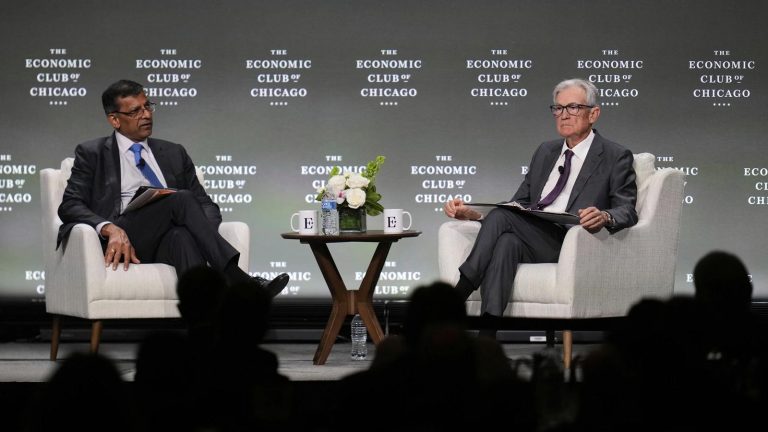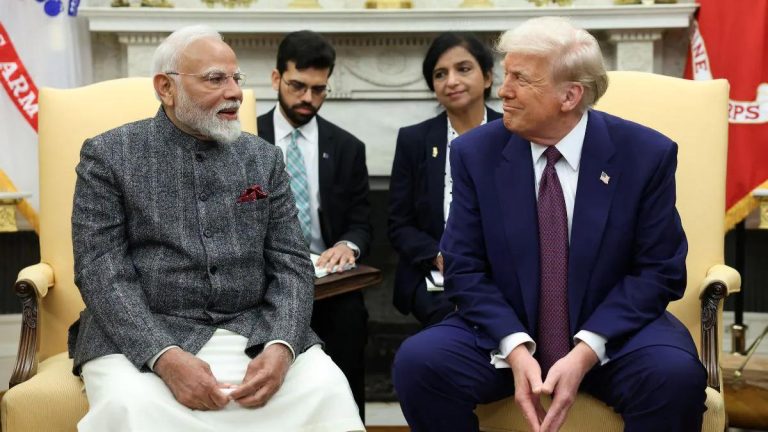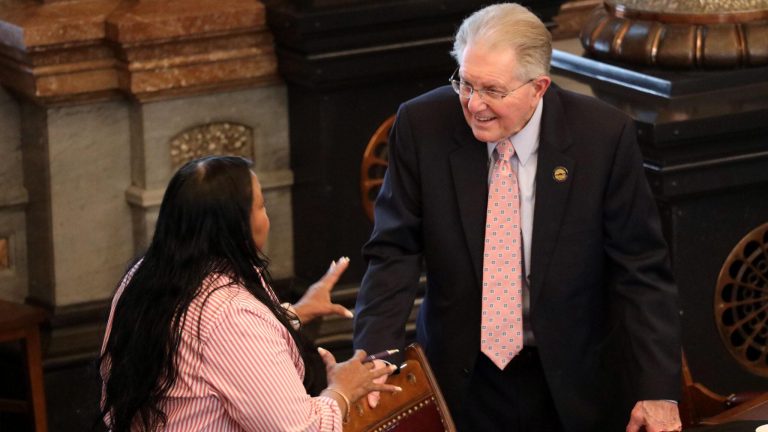
Why Your Estate Plan Matters More Than Ever | Image Source: fortune.com
WASHINGTON, D.C., March 28, 2025 – At a time when more Americans live longer and accumulate more wealth, a surprising truth remains unchanged: most people still have no will. According to Gallup, less than half – only 46% – of American adults took the time to produce this essential document. Among people over the age of 65, the rate is 76%, which you say. He suggests that people still wait to a large extent until later in life for action, although experts argue that real estate planning should start well before, not only for ultra-rich, but for all.
“The biggest mistake people make is waiting too long,” says Phillip Reed, a real estate lawyer and Reed Law. “When it becomes urgent, it is too late, often.” Asset planning is not just about property; It consists of protecting loved ones, avoiding legal chaos and ensuring that their legacy develops in its terms. And now, with a record number of baby boomers from 65 to 2027 - what the experts call ”Peak 65″ – the bets have never been higher. This demographic change also catalyzes what financial analysts call wealth transfer. ’
What is the transfer of great wealth and why is it important?
From 2024 to 2048, Cerulli Associates predicts that approximately $123.7 billion of assets will be transferred from older generations to younger heirs. Nearly $18.4 billion should be spent on charitable causes, an amazing amount that could redefine the philanthropic landscape. The baby boomer generation, larger and richer than its predecessors, is at the heart of this financial change. As noted in the Chronicle of Philanthropy, the increase in the value of the home, decades of exchange profits and double-income households have strengthened the net worth of this group. However, collective transfer will not occur overnight – and will not automatically benefit every charity or heir.
Q: Who will benefit from this wealth transfer?A: The short answer is: not everything. According to Texas Technology Professor Russell James, much of the transferred wealth will remain concentrated among the richest. These individuals are more likely to live longer, make donations to seniors, and contribute funds to elite institutions such as universities, private foundations or donor-managed funds, not daily charities. As he says, “it is a misunderstanding that the transfer of wealth will automatically go to the public charities we know.”
Why should real estate planning not wait
Then why so few people have a will? According to FreeWill, a software company that will do, only 25% to 30% of adults have passed this stage. Procrastination, discomfort around death, and the belief that property planning is only for the rich are among the culprits. But this mentality is dangerously old-fashioned. Even modest goods can benefit from clear documentation, especially if there are minor children, property or charitable intentions.
“The best case is that you don’t need 90% of the documents you have,” says Chief Counsel Kelsey Simasko. But life is unpredictable and people are unpredictable. That is why you must have everything in writing as complete as possible. “
What background documents should all have?
Experts generally agree that there are three essential building planning documents that each adult must keep:
- A will: Outlines asset distribution and guardianship for minors.
- Financial power of attorney: Authorizes someone to make financial decisions on your behalf if you’re incapacitated.
- Medical power of attorney: Allows someone to make healthcare decisions if you can’t.
Under the Maintenance Act, it is also essential to regularly review the designation of beneficiaries in retirement and investment accounts. These denominations cancel the will and trust and must be updated after important events in life such as marriage, divorce or the birth of a child. And not only block these documents – make sure your executor or trustee knows where to find them, and you have access to your real estate lawyer’s contact information.
How to tax the landscape of real estate planning
The imminent termination of the tax reduction and employment law at the end of 2025 caused a sense of urgency among the richest Americans. It is expected that by 2026, the exemption from real property and gift tax – currently $13.99 million per person and $27.98 million per partner – will fall to approximately $7.25 million and $14.5 million. This potential change encourages some high-value networkers to accelerate their donation strategies.
Q: Should Americans be concerned about this tax change every day?A: Probably not. Caitlin DiMillo, a senior vice-president of Spinnaker Trust, explains that while wealthy clients can speed up gifts, most people will not be directly affected. “Having a thoughtful conversation with your advisor and creating a plan that lasts many years,” he suggests.
The emotional side of real estate planning
Discussing death, inheritance and money is uncomfortable. Many parents fear that transparency with children about property plans will depress them or cause guns. However, the experts argue that silence can cause confusion and resentment after his death. According to DiMillo, it is better to share overall direction rather than dollar amounts if you are concerned about overdiscretion.
“People turn it off because they are uncomfortable and difficult to have conversations, especially if you have not been open to money conversations before. But talking about it helps avoid surprises on the line.” – Caitlin DMillo
Professionals like Cheri Stein of Plante Moran Wealth Management recommend appointing a third party trustee or professionals in complex family situations. “You make decisions that may not be popular,” he says. Having a professional administrator takes away all the excitement. “
How charities can increase the wave of wealth transfer
The charitable sector continues to gain a lot if it plays your cards well. After all, Cerulli Associates expects $18 billion to be paid to non-profit organizations over the next 24 years. But not all charities will benefit in the same way. Those who view planning as a basic strategy rather than a peripheral one are much more likely to succeed.
The American Cancer Society, for example, now has an average of $170 million a year in donations made: conquests received from a donor. Bobby Collier, who oversees his planning team, says the key was proactive investment in people and processes at the beginning. Similarly, Komen was associated with FreeWill in 2021 and has since seen over $400 million in bequests go through the pipeline, a massive leap of only 20 known legacy before the association.
Participation in the next generation
Planning for the immediate future is not enough. Charities must also seek the next generation of donors. Organizations like 21 / 64 help families strategically convey philanthropic values to their children and grandchildren. At the Greater Houston Community Foundation, programs such as the Next Gen Donor Institute prepare heirs for an important charitable commitment. Early involvement of young family members not only promotes donor participation, but also creates a common sense of mission.
Take Lacey Fluor Goossen, for example. After joining the Foundation’s donor education program, he brought his entire family to the philanthropic fold. His parents, brothers and even his business partner have established donor-managed funds. The family is currently hosting annual retreats, including strategy sessions on the impact of charity.
Convert the shortage to Abundance in rural America
In rural communities such as Nebraska, planned donations have become a powerful tool for community revitalization. The Five in Thrive campaign of the Nebraska Community Foundation encourages residents to give 5% of their property to local causes. This is a small question with the potential for great impact. Todd Mekelburg, the Foundation’s director of gift planning, uses a simple visual aid – a bushel of corn – to illustrate the little 5% really in the big project.
“Success here is not just about assets,” says President Jeff Yost. It is about changing the psychological mentality of what is possible for these communities
From tax changes to discussions about family heritage, from charitable conquests to rural philanthropy, estate planning is no longer a luxury for the elite. It is a necessity – a necessity that empowers people, strengthens families and nourishes communities. And it’s time to act.
Q: What is the best first step for someone who hasn’t started planning real estate?A: Start with a simple will and appoint a lawyer. So talk honestly with your family and counselor. Early planning not only protects your legacy – it facilitates the lives of those you leave behind.





